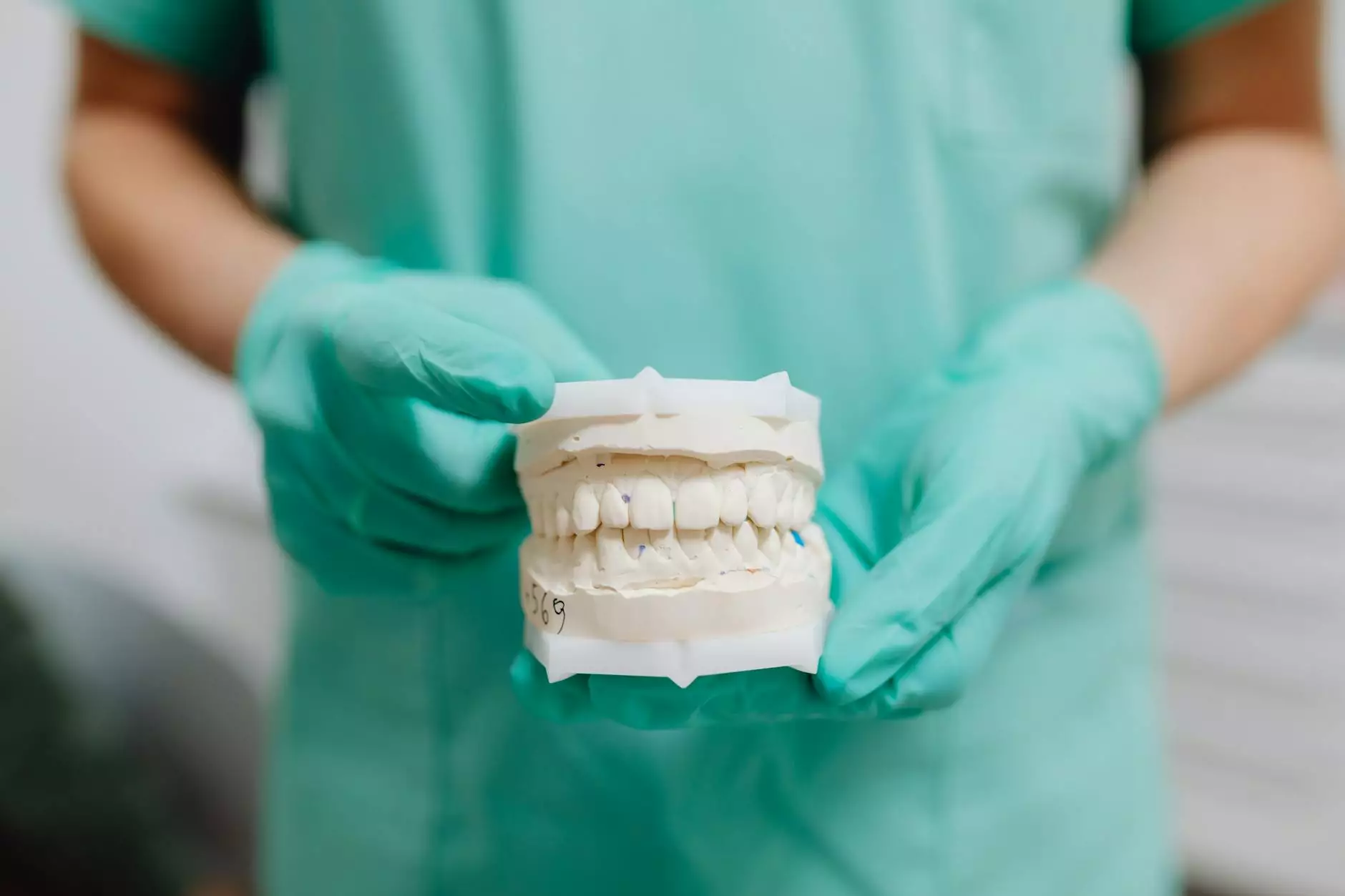Understanding Horse Anti-Inflammatory Treatments: A Comprehensive Guide

When it comes to maintaining the health and performance of our beloved horses, understanding the role of anti-inflammatory medications is crucial. Whether you're a competitive rider, a casual horse owner, or a veterinarian, being informed about the various options available can significantly impact the well-being of your horse.
The Importance of Anti-Inflammatory Medications in Equine Health
Just like humans, horses can suffer from inflammation due to injuries, chronic conditions, or overexertion. This can lead to pain and discomfort, hindering their performance and overall quality of life. Therefore, horse anti-inflammatory treatments play a vital role in:
- Reducing Pain: Helping horses feel more comfortable and aiding their return to normal activity.
- Enhancing Recovery: Supporting quicker rehabilitation from injuries and strenuous exercise.
- Improving Mobility: Allowing horses to move freely and perform at their best.
- Managing Chronic Conditions: Offering relief for ongoing issues like arthritis.
Types of Horse Anti-Inflammatory Treatments
There is a variety of anti-inflammatory treatments available for horses, each serving different needs and conditions. Here are the main types that horse owners should consider:
1. Non-Steroidal Anti-Inflammatory Drugs (NSAIDs)
NSAIDs are the most commonly used medications for managing pain and inflammation in horses. They work by inhibiting the production of prostaglandins, which are chemicals in the body that promote inflammation. Common NSAIDs include:
- Bute (Phenylbutazone): A potent pain reliever often prescribed for musculoskeletal problems.
- Flunixin Meglumine: Known for its efficacy in treating colic and post-operative pain.
- Carprofen: Often used for chronic conditions and offers an anti-inflammatory effect.
2. Corticosteroids
Corticosteroids are powerful anti-inflammatory medications that can be used for acute injuries or chronic conditions. They suppress the immune response and reduce swelling quickly. However, they are typically used with caution due to potential side effects when used long-term.
3. Natural Anti-Inflammatories
Many horse owners are turning to natural remedies as part of their horses' health regimens. Some of the most popular natural anti-inflammatory options include:
- Turmeric: Contains curcumin, a natural compound known for its anti-inflammatory properties.
- Devil's Claw: A traditional herbal remedy used to reduce pain and inflammation.
- Omega-3 Fatty Acids: Found in fish oil; they can help reduce overall inflammation.
When to Use Horse Anti-Inflammatory Treatments
Understanding when to use horse anti-inflammatory treatments is essential for effective management. Here are some scenarios where these medications may be warranted:
- After Injury: Administering medication can provide immediate relief post-injury.
- During Rehabilitation: Helps maintain comfort and mobility throughout recovery.
- In Chronic Conditions: Ongoing conditions such as arthritis may require regular anti-inflammatory treatment.
- Before Competitions: Some owners choose to use anti-inflammatories to ensure horses are at peak performance, but it is key to adhere to regulations.
Administering Horse Anti-Inflammatory Medications
Administering these medications properly is critical for safety and efficacy. Here’s what you need to know:
1. Dosing Guidelines
Always follow the instructions provided by your veterinarian regarding dosage. Overdosing can lead to severe side effects, while underdosing may not provide the intended relief.
2. Monitoring Your Horse’s Response
After administering any medication, observe your horse closely. Look for improvements in:
- Pain level
- Mobility
- Overall behavior
3. Consultation with Your Veterinarian
It is always advisable to work closely with your veterinarian when determining the need for anti-inflammatory treatment. They can guide you through safe practices and tailored regimens suitable for your horse’s specific situation.
Potential Side Effects of Anti-Inflammatory Treatments
While anti-inflammatory medications are beneficial, it is essential to be aware of potential side effects:
- Gastrointestinal Issues: Medications like NSAIDs can irritate the digestive tract.
- Kidney Damage: Some long-term NSAID use can lead to kidney issues.
- Behavior Changes: Corticosteroids may cause increased thirst and urination, or behavioral changes.
Alternatives and Complementary Therapies
Sometimes, combining anti-inflammatory treatments with alternative therapies can yield better results. Consider the following:
- Physical Therapy: Helps improve mobility and strengthen affected areas.
- Cold or Heat Therapy: Using ice packs or heating pads to manage swelling and pain.
- Acupuncture: An increasingly popular method that can help alleviate pain and inflammation.
Best Practices for Maintaining Your Horse’s Health
In addition to using horse anti-inflammatory medications, maintaining overall health is critical. Here are some best practices:
- Regular Exercise: Keep your horse active to prevent stiffness and maintain a healthy weight.
- Balanced Nutrition: Provide a diet rich in nutrients, including vitamins and minerals essential for joint health.
- Routine Veterinary Care: Regular check-ups can help catch emerging issues before they develop into serious conditions.
Conclusion
In conclusion, understanding horse anti-inflammatory treatments is vital for responsible horse ownership. By remaining informed about the options available and recognizing when to employ them, you can help ensure your equine companion remains comfortable and active. Whether utilizing over-the-counter NSAIDs, exploring natural alternatives, or employing complementary therapies, every choice contributes to your horse’s health and performance.
For more information about horse health and the best treatments available, visit RacehorseMedCare. Your horses' health and happiness depend on the right choices.
horse anti inflammatory








